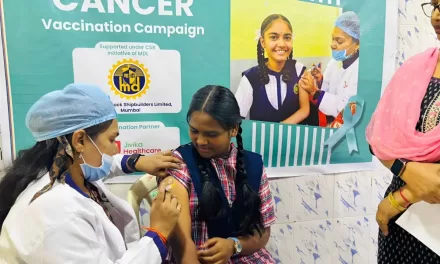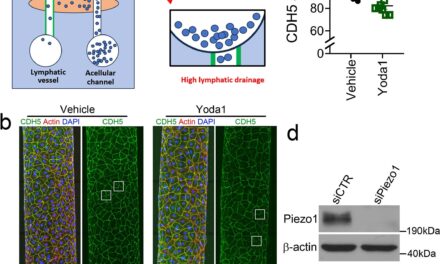 tuberculosis
tuberculosis3 May 2023, Geneva | A recent WHO-commissioned systematic review demonstrated that the prevalence of chronic hepatitis C virus (HCV) infection is high among patients with tuberculosis (TB) [1]. While known drug-drug interactions preclude co-administration of HCV treatment for people receiving standard first-line (rifampicin-based) treatment for drug-susceptible TB, such co-administration is in principle possible for people receiving treatment for rifampicin-resistant TB (RR-TB) and is indeed practiced in some countries. However, published evidence on the safety and effectiveness of co-administering treatment for RR-TB and HCV co-infection is extremely scarce [2] and insufficient as a basis to develop global policy recommendations on this intervention.
To respond to the need for guidance in this area in the absence of published data, WHO’s Global TB Programme, is initiating the process to collect ‘Expert Evidence’ [3]. When research evidence is not available or very limited, ‘Expert Evidence’ can be collected, appraised, synthesized and used to support the development of recommendations [4, 5].
To enable this process, WHO is issuing this public call, appealing to individuals who are willing to share ‘Expert Evidence’ on the co-administration of treatment for RR-TB and HCV co-infection. The purpose of the call is to identify individuals that fulfil all of the following criteria:
1. have expertise in and direct experience with the co-administration of treatment for RR-TB and HCV co-infection to patients under their care;
2. are willing and able to share this experience with WHO to support possible future guideline development on such co-administration of treatment;
3. can provide this experience as quantitative ‘Expert Evidence’, i.e. would be able to provide the numbers of patients they treated for RR-TB and HCV co-infection including their treatment and safety outcomes (in aggregate).
Individuals fulfilling these criteria are requested to provide their contact details (name, title, affiliation) together with a short statement (max 100 words) about their experience on the co-administration of treatment for RR-TB and HCV co-infection with WHO by sending an email with the subject line “RR-TB and HCV” to GTBPCI@who.int by 31 May 2023. Eligible individuals will subsequently be contacted to provide ‘Expert Evidence’ to support possible guideline development.
[1] https://www.thelancet.com/journals/eclinm/article/PIIS2589-5370(23)00115-3/fulltext
[2] https://www.ncbi.nlm.nih.gov/pmc/articles/PMC9879085/
[3] Expert evidence is the observations or experience obtained from a person who is knowledgeable about or skilful in a particular area. A description of expert evidence should minimise interpretation of the extent to which the evidence does or does not support a conclusion. The evidence can be treated, if appropriately summarised, in the same way as case reports or case series.











